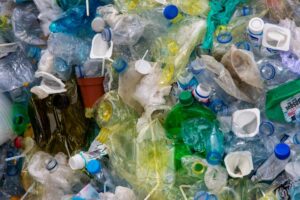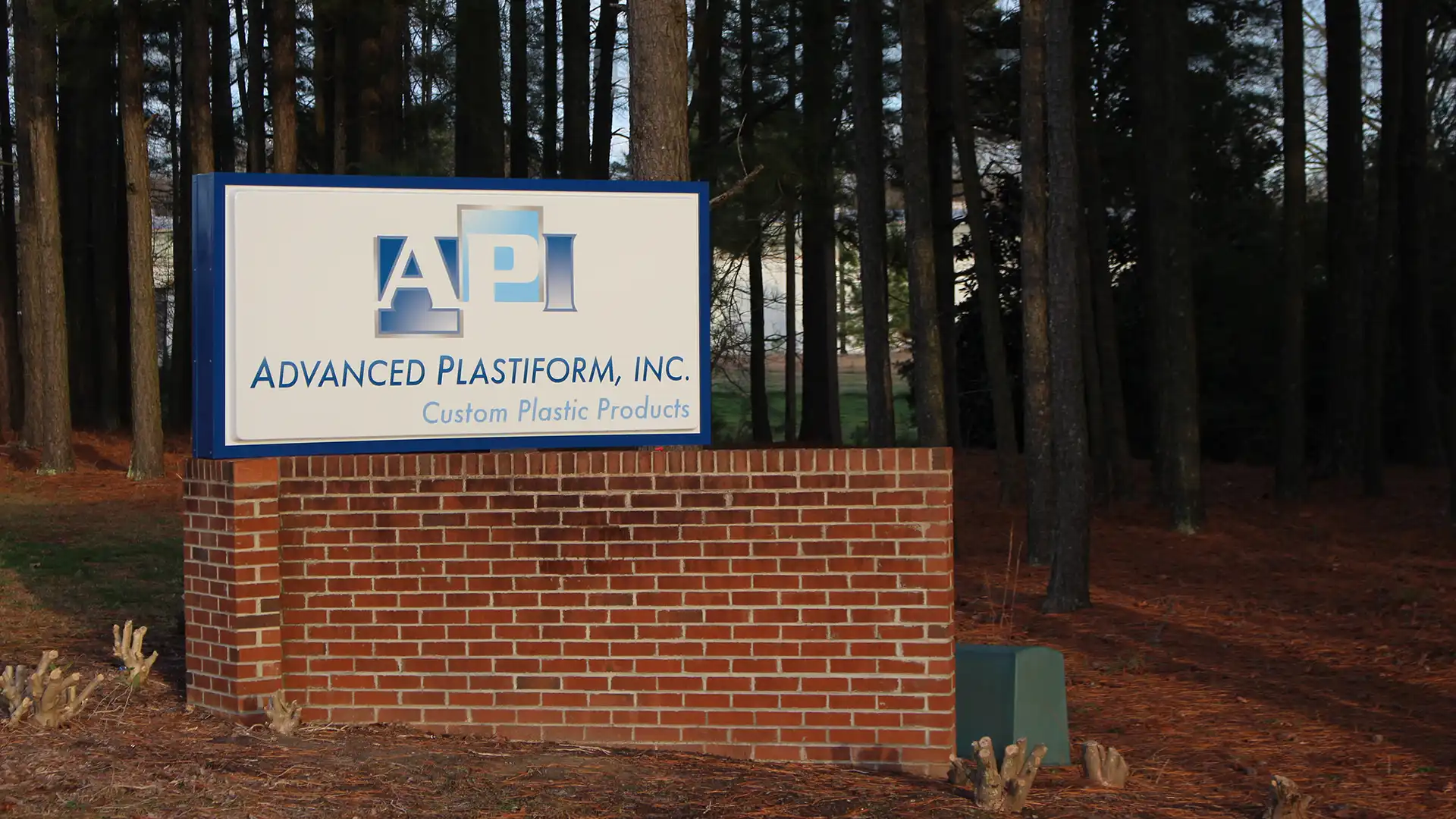The Vital Role of Antimicrobial Plastics in Healthcare and Everyday Life In the past, antimicrobial…
Plastics are affordable, durable, and can be customized to have almost any type of qualities, from light and flexible, like a shower curtain, to hard and impermeable, like a car’s dashboard. The main concern about plastics, specifically, single-use plastics like pop bottles and product packaging, is that they are hard on the environment. Literal tons of plastic make their way into waterways and landfills every year where they don’t break down and can poison the water and harm the ecosystem. The goal for environmental scientists is to create ways of reducing that amount without creating challenges caused by switching materials, such as the cost of goods rising.
This has led to an exciting innovation in how to make the recycling process shorter while getting a higher-quality end result. Our injection molding company wanted to share a closer look at these new innovations in recycling and see if they could lead to a long-term solution for improving how we use plastics.
The Current Concerns with Recycling Plastics
We often think of recycling as a cure-all to plastic waste - what gets thrown out is transformed into a brand new product to be reused later on. Unfortunately, the way plastics get recycled may actually be doing more harm than good.
First, it’s important to note that much of our plastic waste isn’t recycled at all. According to a study from Yale, “of the 350 million tons of plastic waste generated in 2015, 60 percent was sent to landfills and nearly 25 percent was incinerated for energy production or volume reduction. Just 14 percent was collected to be recycled and remade into new material. Of that, 8 percent was made into plastic of lower quality and just 2 percent was recycled into material of similar quality as the original. The rest was lost in the recycling process.”
Then, we need to consider that the way plastics are recycled is often to a negative effect from an environmental standpoint. Prior to 2017, much of our plastics were shipped overseas to China and Hong Kong to be recycled, but as the country cracked down on trash imports, other nations, including Malaysia, Indonesia, and Vietnam tried to fill in the gaps. Much of what is supposed to be recycled ends up incinerated or in landfills in these developing nations and the raw plastic that is being turned out is often low quality.
A New Hope for Recycling Plastics from an Unexpected Source
In 2012, scientists at the Carbios company used a leaf composting bug as the basis for an amazing innovation - the creation of a new form of a bacterial enzyme that can break down polyethylene in around an hour. Polyethylene, or PET, is one of the most common single-use plastics, used for water bottles, soda bottles, and other product packaging. Currently, when PET is recycled, it’s often just used as fibers in clothing, carpets, and other materials where low quality is acceptable.
What makes this innovation so exciting is not just that this method is fast and requires minimal energy output compared to current recycling methods, it’s that it breaks down the plastic into their initial chemical building blocks. By stripping it down to such a raw form, it can then be used to create lightweight, strong, high-quality plastics. The team at Carbios used these newly optimized enzymes to break down 2,000 pounds of plastic drink bottles, and within just 10 hours, the plastic was 90 percent degraded. The material was then used to create new drink bottles.
As this is emerging technology, the cost of grinding up the bottles and heating them before adding the enzyme is a bit more expensive, driving up the cost of the recycled PET to be a bit more expensive than newly created PET. However, the goal is to scale this method of recycling using biotechnology so that it is at an industrial level by 2024 which can bring down the costs.
Dedicated to Using High Quality Plastics in Our Injection Molding Company
At Advanced Plastiform, we use thermoplastic materials, which are often highly recyclable, for our thermoforming and injection molding projects, and we strive to use the highest quality of plastics available. We are excited to see how upgrades in the recycling process will lower costs and improve the quality of eco-friendlier plastics and look forward to sharing more information about this in the future.
If you’re interested in having custom plastics manufactured for your company, reach out to our team today. Our injection molding company works with all types of industries in the Southeast and Mid-Atlantic, including North Carolina, South Carolina, Pennsylvania, Maryland, Tennessee, Georgia, and Virginia.
Contact Advanced Plastiform, Inc.
Let Us Know How We Can Help!


